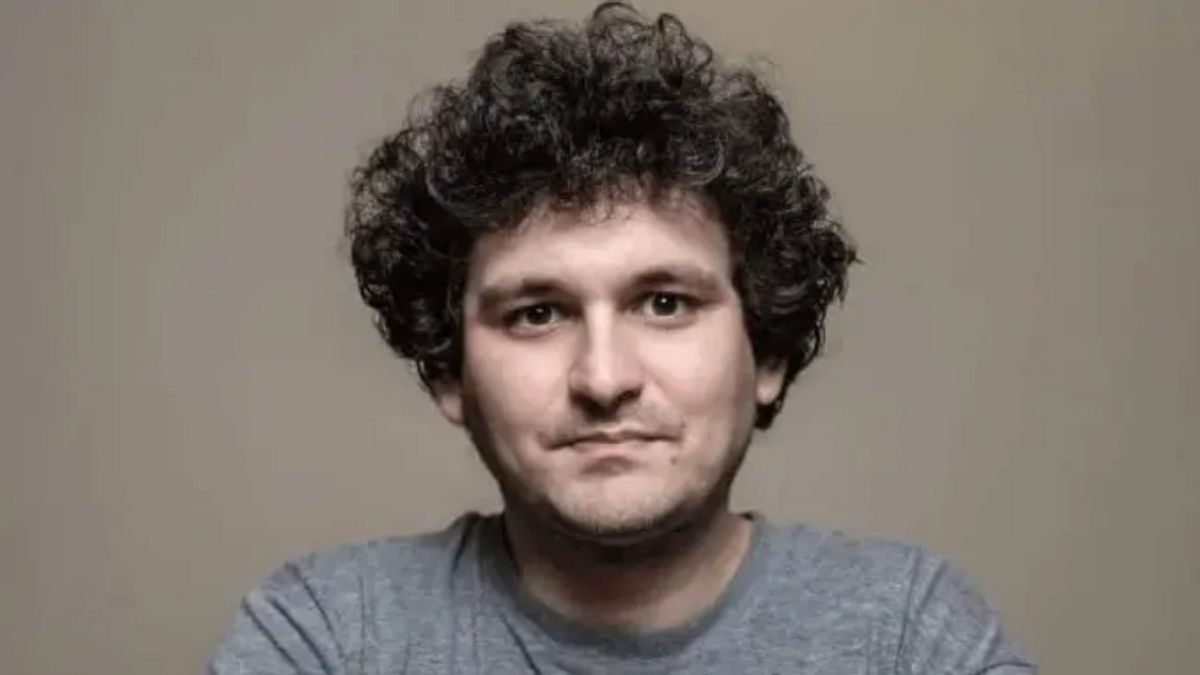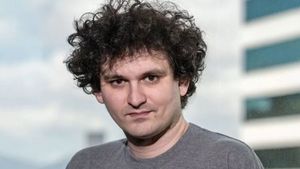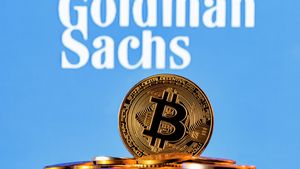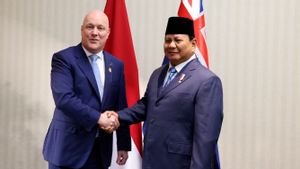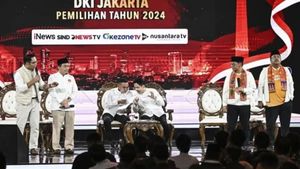JAKARTA - The request for security exemptions filed by legal adviser Sam Bankman-Fried, founder of FTX, has drawn controversy. Christian Everdell, Bankman-Fried's legal adviser, has submitted a letter to the court recommending "close friends and colleagues" as well as "home assistants" to visit his client without undergoing a security check.
This request arose after the guarantee provisions were set on March 28, 2023, which asked security officers to check every visitor who entered the residence of Bankman-Fried's parents. This provision also requires visitors to enter the electronic notebook as a security measure.
Requests for exemptions submitted request that a particular list of friends and colleagues be excluded from this security protocol. However, the list is still kept secret at this time. A letter from the lawyer also stated that the list of people would be submitted to the court in a sealed state.
The letter also confirmed that the excluded group would comply with the guarantee requirements set by Bankman-Fried. One of these requirements is prohibiting guests from carrying items such as smartphones, tablets, and equipment connected to the internet during their visit to the Bankman-Fried residence.
SEE ALSO:
Although the letter states that "the government approved this request," media Inner City Press, which focuses on coverage of well-known court cases, expressed its objections to the concealment of the names given to the court.
Matthew Lee, executive director of Inner City Press, said the legal documents should be "opened." Initially, the court had hidden the identity of the signatories of Bankman-Fried guarantees, but later disclosed them to the public in response to objections from the Inner City Press.
The Bankman-Fried legal team opposed the release of a list of close friends invited by Bankman-Fried to visit without security. Everdell, Bankman-Fried's legal adviser, concluded in his letter to US Judge Lewis Kaplan that "the interest of individual privacy and security is much greater than the assumption of getting access to the list and justifying their identity protection from public disclosure."
This case continues to be in the public spotlight and raises questions about the balance between individual privacy and wider security. The court's final decision will determine the fate of this security exemption request and will provide clues to legal perspectives on privacy protection in the digital era.
The English, Chinese, Japanese, Arabic, and French versions are automatically generated by the AI. So there may still be inaccuracies in translating, please always see Indonesian as our main language. (system supported by DigitalSiber.id)
